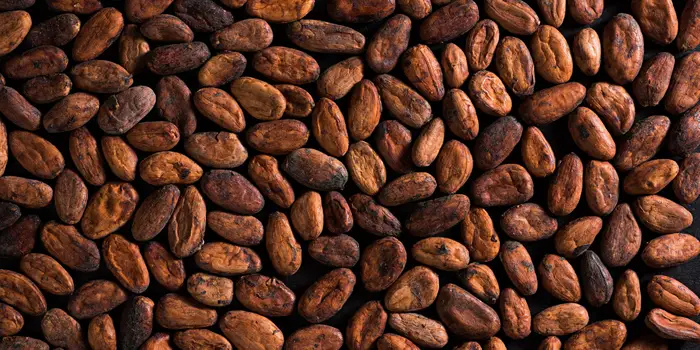Amber Sawyer, a climate and energy analyst at ECIU, underscored the disruptive influence of volatile weather patterns in major cocoa-producing nations like Ghana and Ivory Coast.
With Easter just a week away, chocolate enthusiasts are being warned to expect a bitter surprise at the checkout counter. Prices for their beloved seasonal treats are set to skyrocket, hitting consumers hard in the wallet. A recent report from a nonprofit environmental group highlights the grim reality: cocoa prices have tripled compared to last year, driven primarily by the dual impact of climate change and the El Niño weather phenomenon.
According to findings from the Energy and Climate Intelligence Unit (ECIU), a U.K.-based nonprofit, cocoa prices have surged to a staggering $8,000 per ton, a significant leap from $2,500 recorded at the same period last year.
Amber Sawyer, a climate and energy analyst at ECIU, underscored the disruptive influence of volatile weather patterns in major cocoa-producing nations like Ghana and Ivory Coast.
Sawyer emphasized, “Chocolate producers are grappling with a diminished cocoa supply, leading to heightened demand and subsequently inflated prices for confectionery companies. Regrettably, these escalated costs are now being passed on to consumers.”
The dire situation in Ghana and Ivory Coast, responsible for nearly 60% of global cocoa production, is exacerbated by adverse weather conditions. Heavy rainfall and flooding in December inflicted substantial damage to crops, resulting in cocoa plants succumbing to black pod disease. Moreover, extreme heatwaves have compounded the agricultural challenges, making cocoa cultivation increasingly arduous.
Highlighting the human toll, Sawyer remarked, “Farmers are grappling with erratic weather patterns, oscillating between excessive rainfall and prolonged droughts, hampering both production and market access.”
In response to the climate-induced crisis, Ghana has revised its cocoa production forecast downward from 850,000 to 650,000 tons for the current year. The United Nations Food and Agriculture Organization has flagged cocoa-growing countries as particularly vulnerable to climate change, lacking adequate preparedness to mitigate its impacts.
A recent analysis by the World Weather Attribution website shed light on the severity of the situation, revealing an intense heatwave in West Africa during February, with temperatures soaring above 40 degrees Celsius (104 Fahrenheit). Izidine Pinto, a researcher affiliated with the Royal Netherlands Meteorological Institute, emphasized the devastating consequences of extreme weather events on livelihoods and agricultural productivity.
Pinto cautioned, “Climate change-induced alterations in rainfall patterns and the intensification of heatwaves pose significant threats to the wellbeing of West African communities. The resulting damage to crops not only exacerbates food insecurity but also contributes to the soaring prices of essential commodities.”
Weather experts underscored the alarming frequency of heatwaves, which were once considered rare occurrences but have now become more commonplace due to anthropogenic factors such as widespread fossil fuel consumption. African nations, despite being the least contributors to greenhouse gas emissions, find themselves disproportionately bearing the brunt of climate change impacts.
In light of these developments, the ECIU has called upon wealthier nations to extend financial and technical support to vulnerable agricultural communities, enabling them to adapt to the adverse effects of climate change. Urgent action is deemed imperative to safeguard livelihoods, ensure food security, and mitigate the economic repercussions of escalating chocolate prices ahead of Easter.
